[ad_1]
With an entire bunch of a whole bunch of Australians enduring lockdown nonetheless as quickly as additional, you is more likely to be in search of solace in gardening. For migrants and refugees in Australia, gardening is also notably important when shared in group areas.
Nonetheless group gardens aren’t all the time internet sites of inclusion. In our not too means again printed analysis, my colleagues and I spotlight the methods migrants and refugees are excluded from group gardens — and learn to range this.
When group gardens are socially inclusive, all individuals advantages. Culturally quite a few group gardens can not solely deepen cross-cultural social connections, they will even assist develop the talents to adapt to vary and disaster, akin to from native local weather change.
Some nice advantages of group gardens
Ready lists to affix group gardens are terribly extended in loads of components of Australia, with some gardens requiring as loads as an eight-year wait. Advocacy teams persistently determine for additional internet sites and higher monetary assist to meet this demand.
There are good causes for his or her rising standing. Improved psychological and bodily correctly being and wellbeing usually tops the report of their optimistic impacts, as they promote additional apply, bigger entry to nutritious meals, strengthen group connections, and additional.
Research additional:
Inexperienced for wellbeing – science tells us learn to design metropolis areas that heal us
The meals grown in group gardens can even assist enhance meals safety. All via lockdown, these internet sites have been essential to meet the commonly needs of many affected by monetary hardship.
For refugees and migrants, communal gardening internet sites is also therapeutic, protected areas.
When immersed in supportive communities that share a dedication to productive gardening, migrants and refugees can enhance their self-efficacy. The ability to develop culturally acquainted meals can even protect their connections to homelands, easing the resettlement and migration course of.
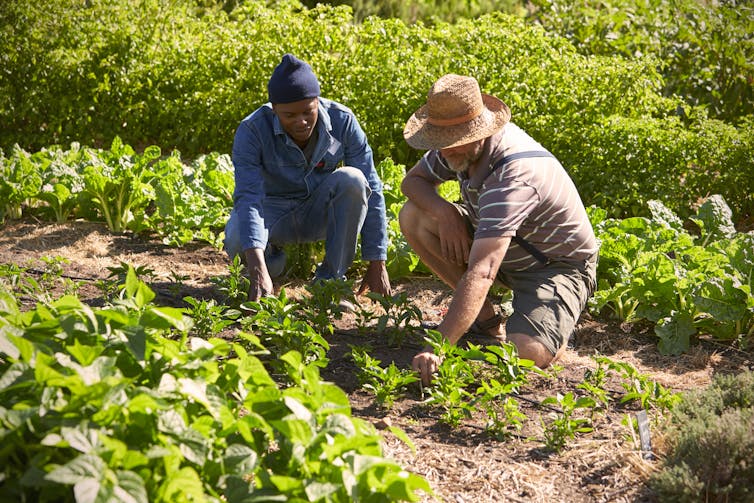
Communal gardens must be protected areas.
Due to this it’s so vital to spice up these choices and take away any limitations excluding these gardeners. Our analysis reviewed worldwide evaluation of group gardens, and positioned frequent limitations to refugee and migrant participation revolve spherical three key areas:
1. Bodily and provides selections of gardens
This consists of maximum membership prices, incapability to simply journey to gardens and insecure land tenure.
Website design that limits gardeners’ autonomy and talent to develop acquainted meals might also be an issue. This will likely occur the place there’s communal, significantly than particular explicit individual, plot cultivation, inserting strain on new gardeners to develop meals already well-known to current gardeners.
One completely different barrier is a scarcity of obtainable area and small plot sizes, which might make it additional sturdy to develop culturally vital crops, akin to maize.
2. Yard administration varieties
Inclusive practices are usually not embedded into info sharing and choice making, akin to not translating info.
As an illustration, group gardens generally depend on formal administration conferences, nonetheless these could not take into accounts totally completely completely different languages, cultural traditions and unequal energy relations.
Counting on group gardens for meals safety typically is an enormous draw again for refugees and migrants, considerably for mannequin new arrivals. This will likely finish in gardens altering additional holistic social assist capabilities.
Research additional:
Understanding of factors to do in isolation? Get as soon as extra contained in the yard with these concepts from 4 consultants
3. Privileging explicit values and aesthetics
The way in which by which whereby we look after gardens and concepts about how a productive yard ought to look, are usually formed by no matter cultural norm is dominant. Uniform, neatly mulched raised beds, freed from weeds and overhanging vegetation, are usually favoured by danger averse councils.
Migrant and refugee gardening varieties is also at odds with accepted expectations and values like these. Many are used to cultivating instantly into the soil and like to develop each form of crops collectively that will not look neat, nonetheless can improve biodiversity. They could furthermore go away additional space between crops to spice up yield.
This implies these acquainted, productive and culturally related methods of gardening for refugees and migrants is also devalued and excluded, together with their abilities and knowledge.
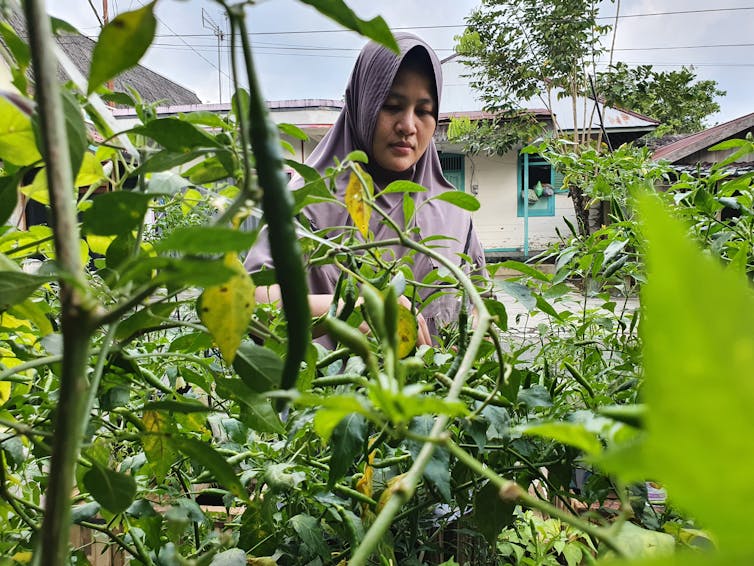
Volunteer teams managing group gardens must be give additional belongings.
The excellent news is we’ll make group gardens additional socially inclusive areas. To do this, there need to be additional funding from governments and native councils in belongings (together with land and monetary assist) for the largely volunteer teams rising and managing these internet sites.
These belongings want to help migrants and refugees to:
- develop social and ecological connections that engender a technique of belonging
- contribute to the design and administration of gardens in culturally and linguistically inclusive methods
- make selections about learn to have a tendency their plots that let some connection to their homeland
- work together with completely completely different yard members from all backgrounds to share info and classes
- not ought to depend on the yard as a foremost present of meals or earnings know-how.
Gardens are bigger when migrants and refugees are included
Neighborhood gardens are at present off limits to many beneath lockdown. After we return to COVID-normal, the teachings from socially inclusive gardens might assist communities bigger put collectively for future disruption, notably from native local weather change.
Research additional:
From veggie gardening to op-shopping, migrants are the quiet environmentalists
Resettlement in a particular nation accommodates ongoing modifications to new social, ecological and native local weather circumstances. We’re able to all study from migrant and refugee abilities, info, and the methods they adapt, as adjustment to unfamiliar environments generally comes with cautious tinkering and trial and error.
Nearly about meals gardens, earlier analysis has confirmed this experimentation can result in boosting biodiversity and rising diets, on account of number of crops grown. One event is the introduction of maize to provide maize flour in loads of gardens all through Australia. It is a weight discount plan staple for plenty of African nations.
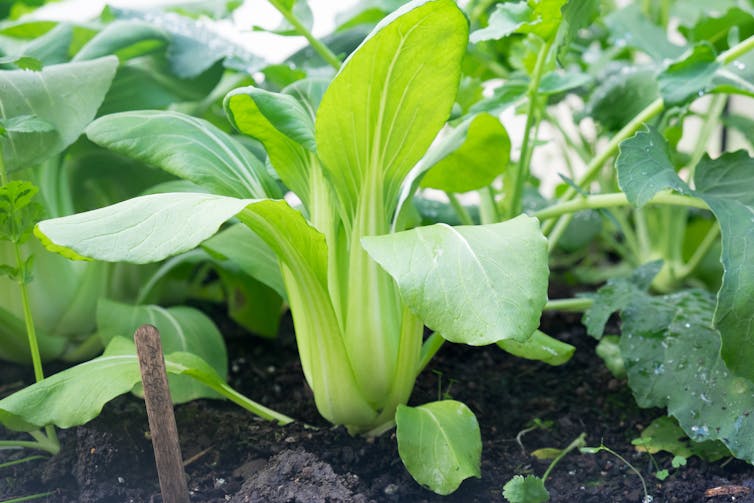
The need to develop meals from the homeland can result in gardening methods which can protect future modifications in native local weather.
The need to develop culturally related meals means tinkering with soil and rising circumstances, together with the crops themselves. This permits the crops to adapt to unfamiliar circumstances, which could flip into more and more variable beneath native local weather change. Discovering out learn to develop tropical crops in frosty components of Victoria or on marginal soils are a few good examples.
What’s additional, gardeners from quite a few backgrounds can improve a bunch’s repertoire of protected, low-tech cultivation and pest administration methods. This consists of learn to revenue from the waste from culturally acquainted meals, akin to Japanese gardeners’ use of tofu residue as a soil conditioner.
Not solely will bringing collectively culturally quite a few group members foster additional important connections, nonetheless furthermore it must strengthen our shared means to adapt to the uncertainty of a altering native local weather.
The creator want to acknowledge Jessica Abramovic and Cathy Hope who helped compile the analysis upon which this textual content material depends.
[ad_2]
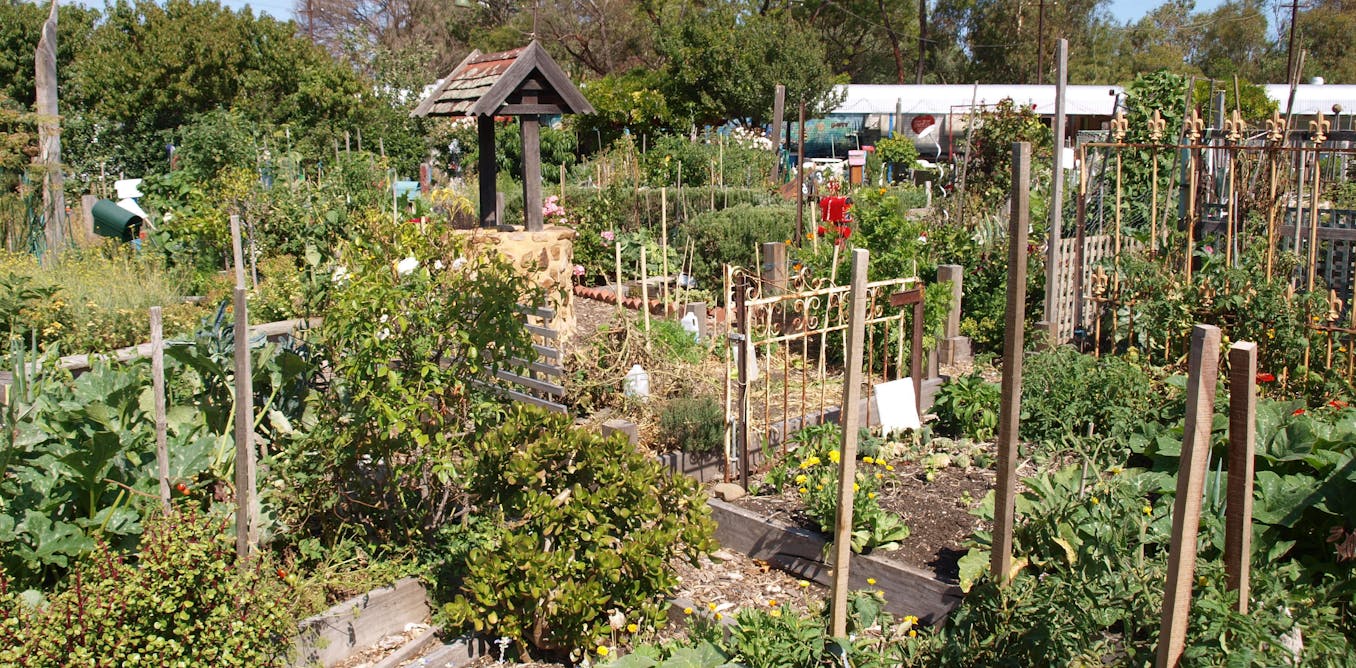
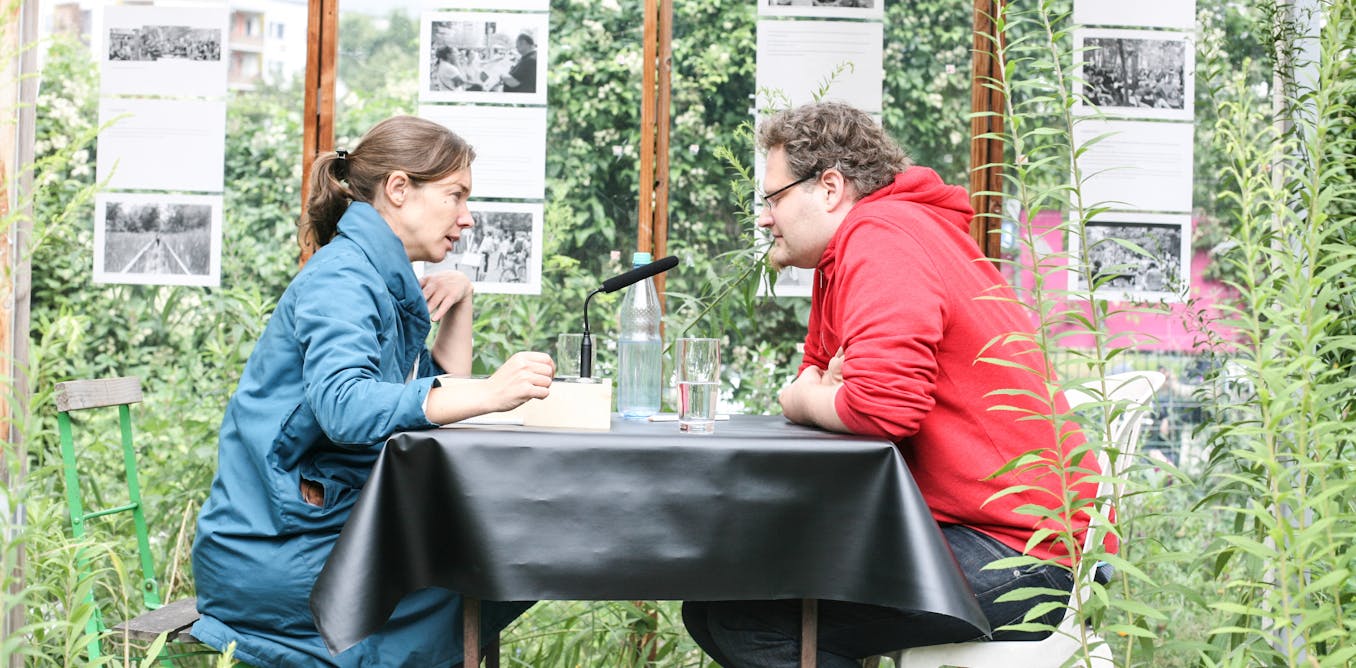
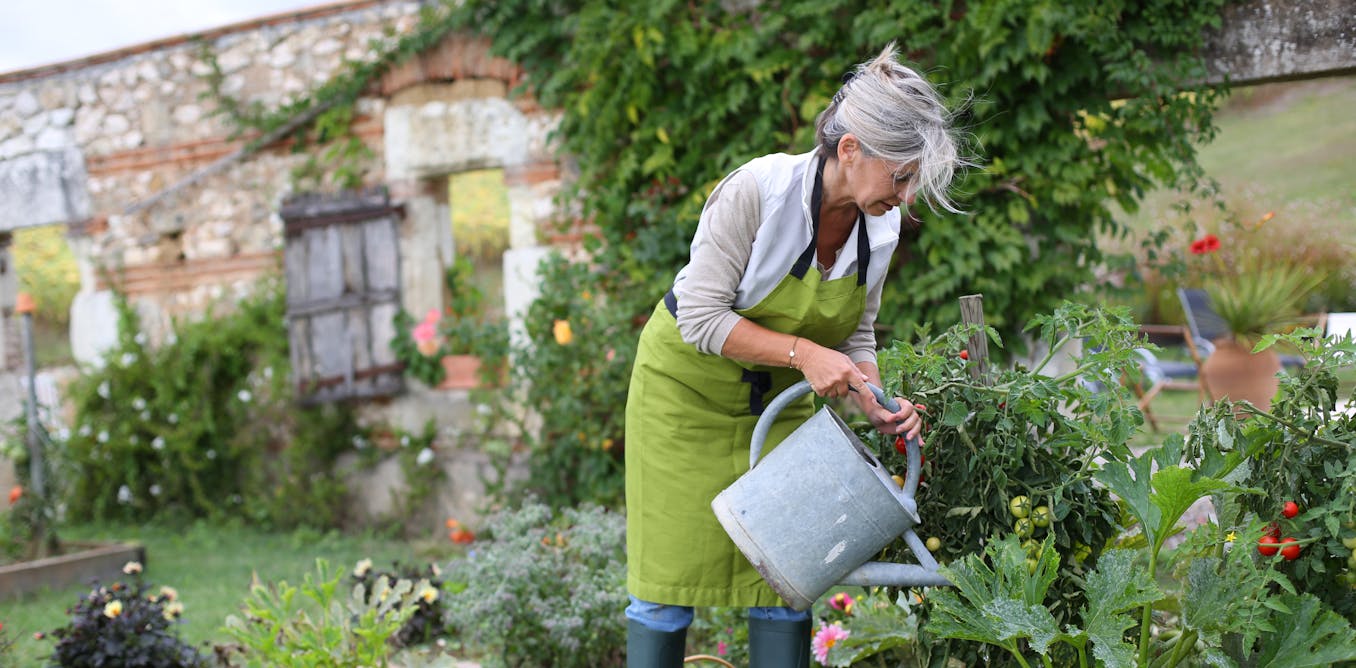
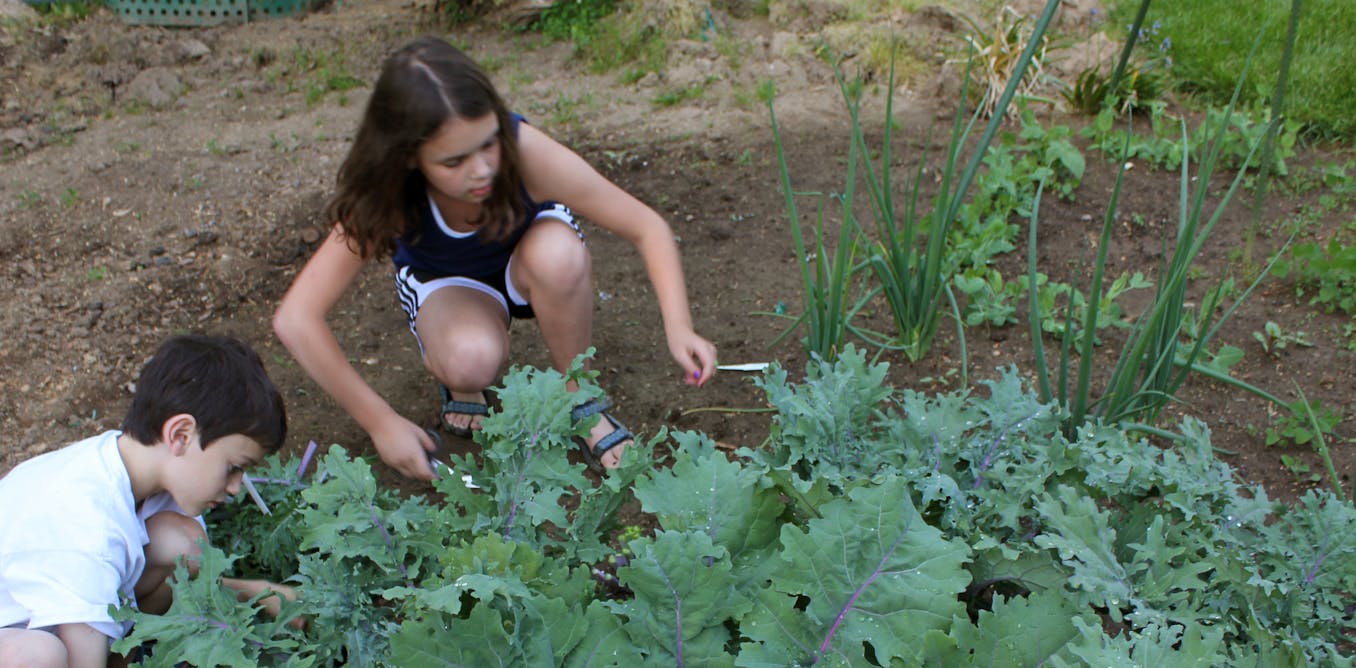
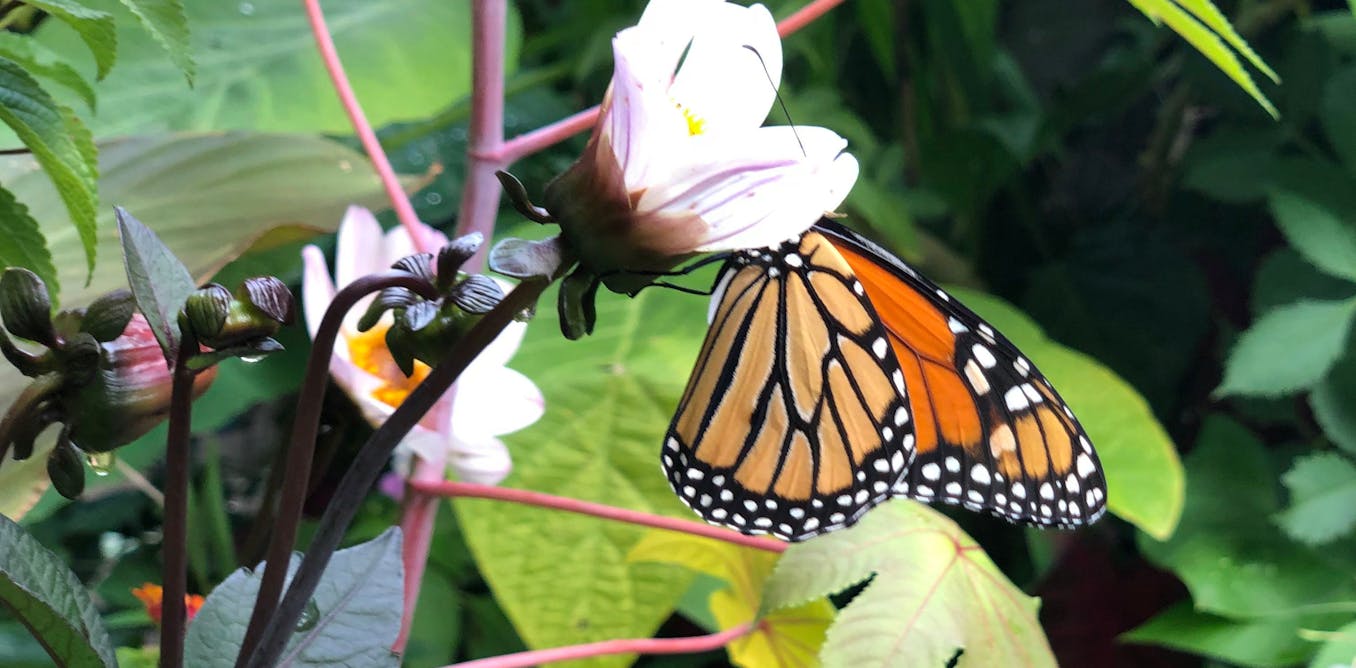


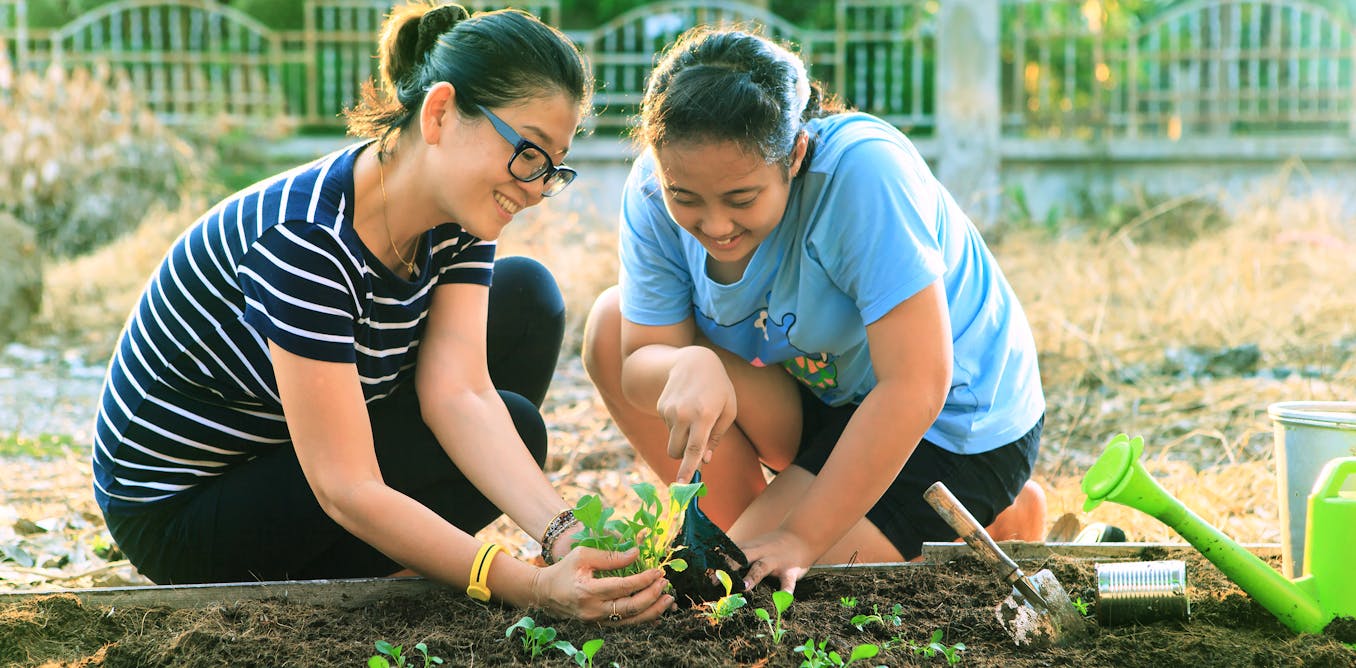

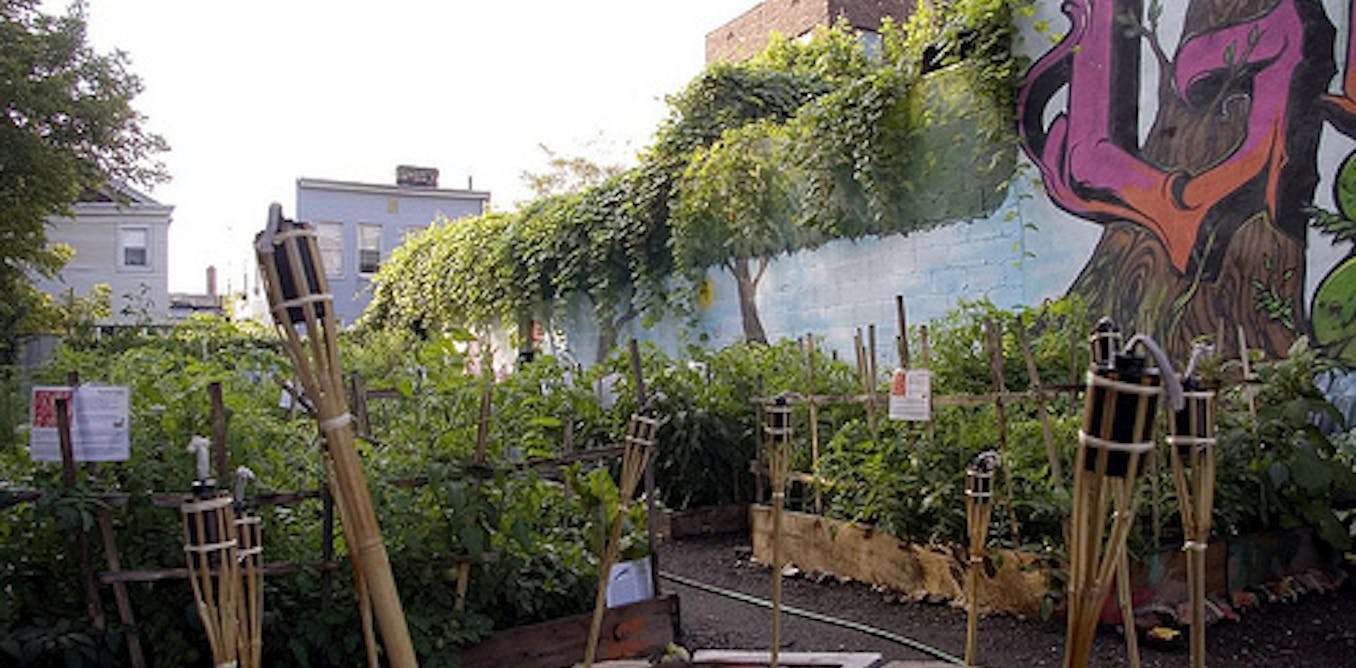
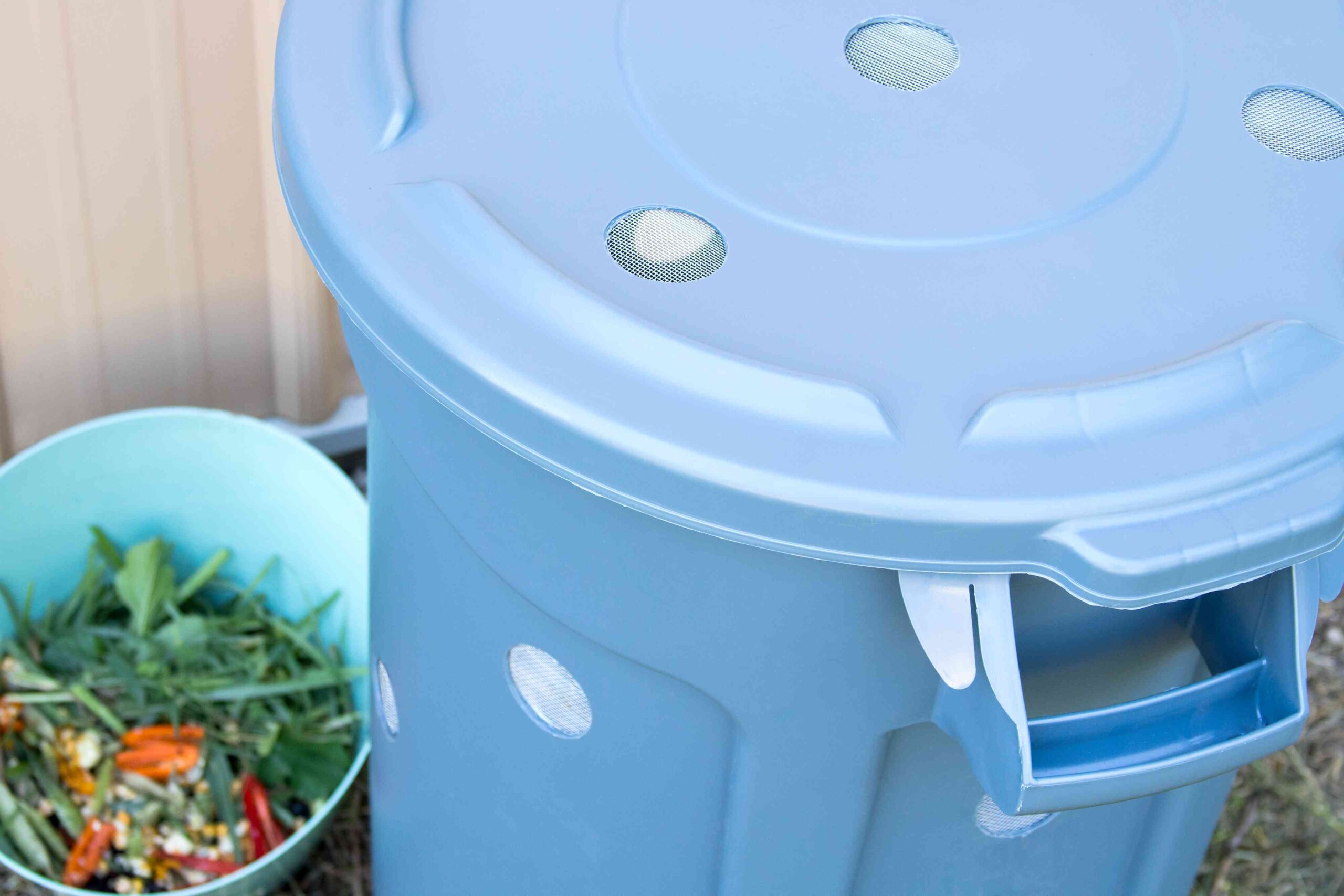
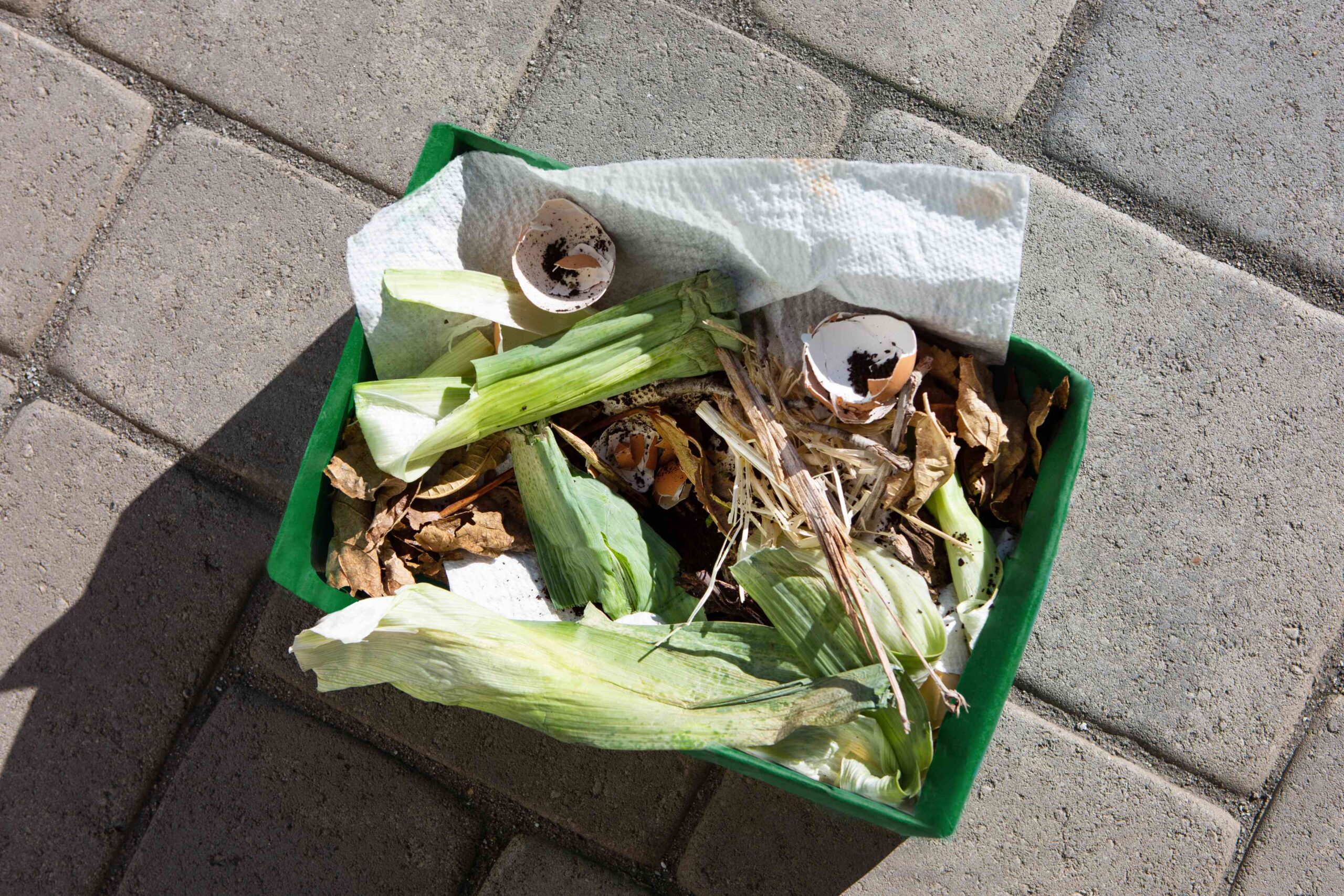
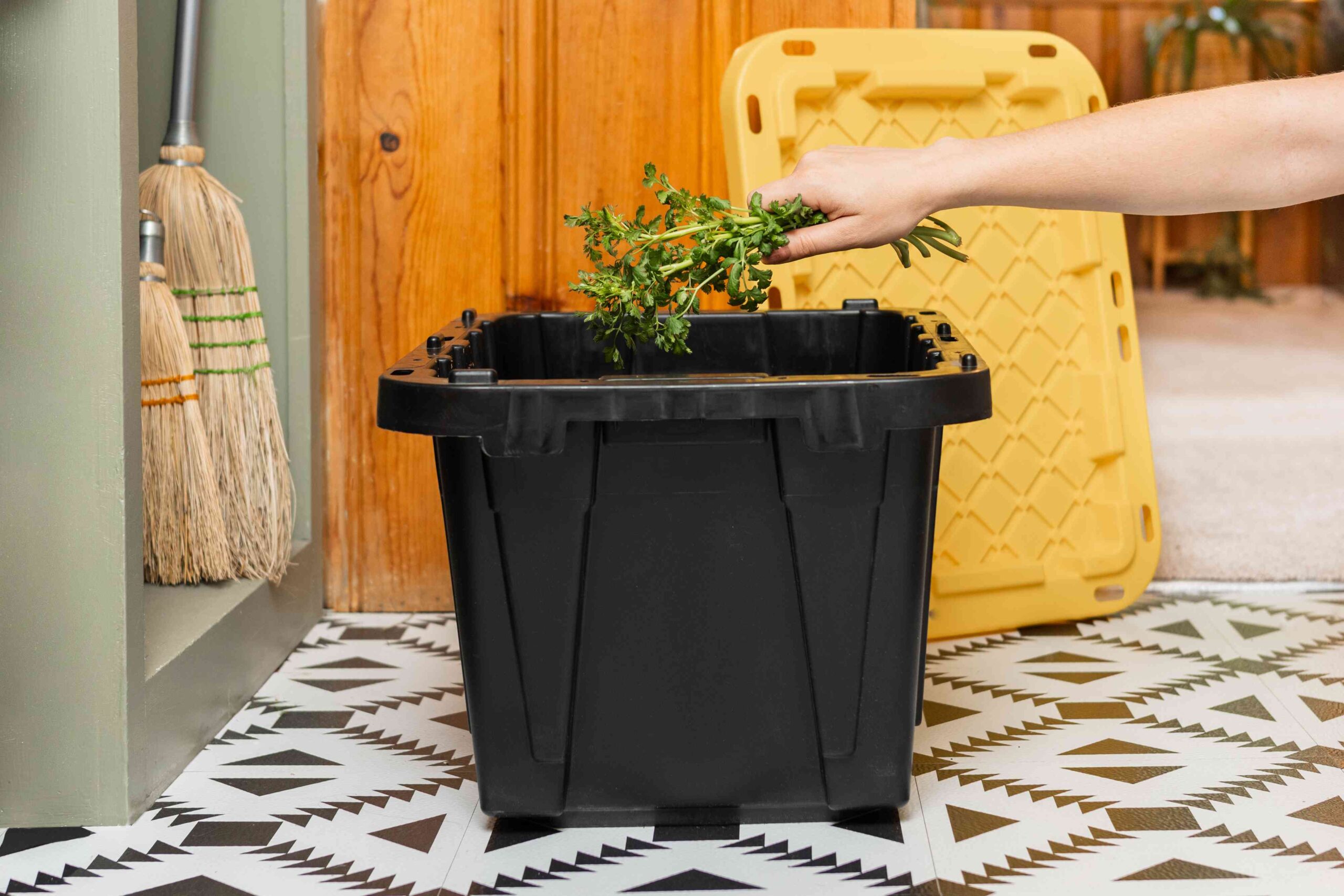
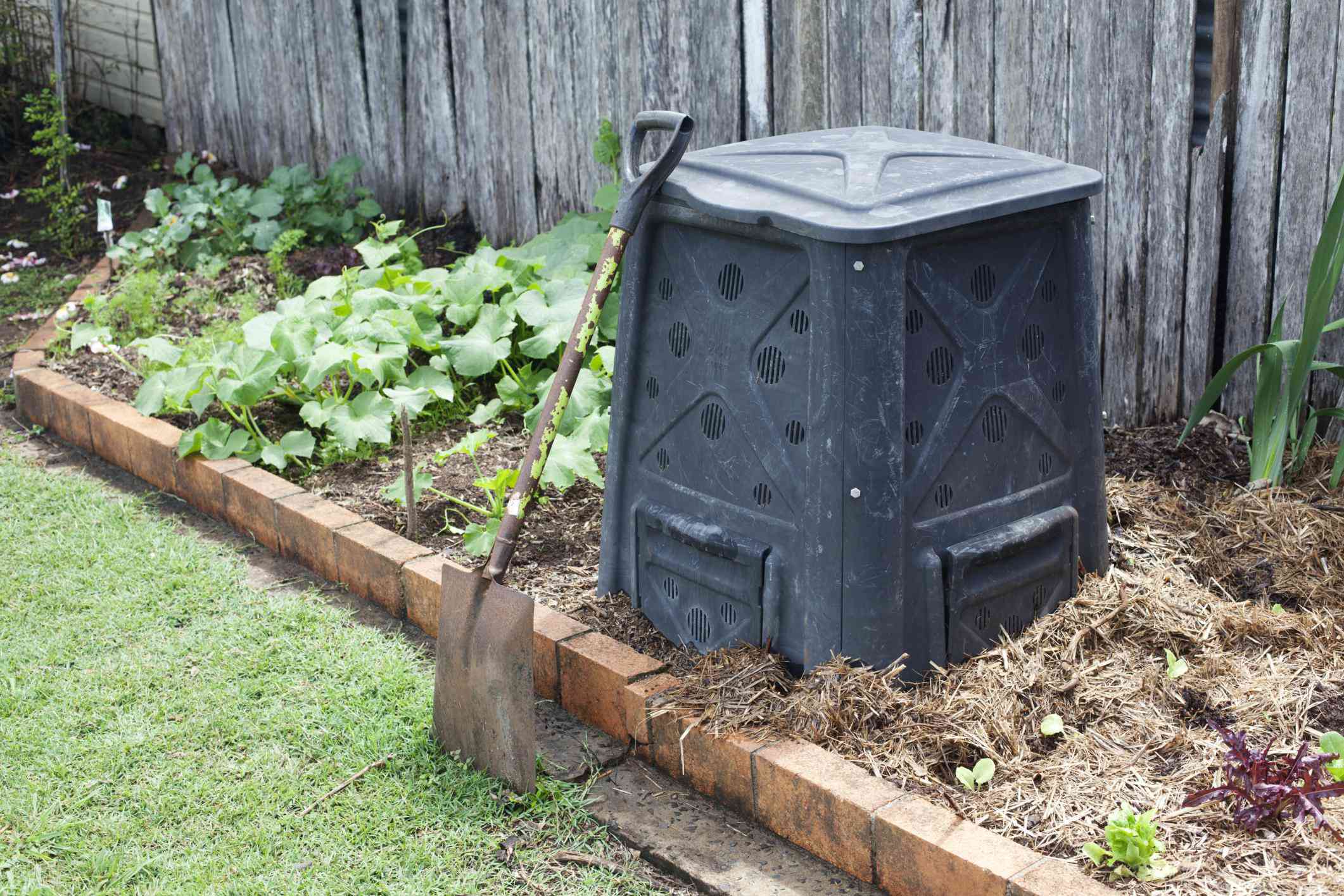
Leave a Reply